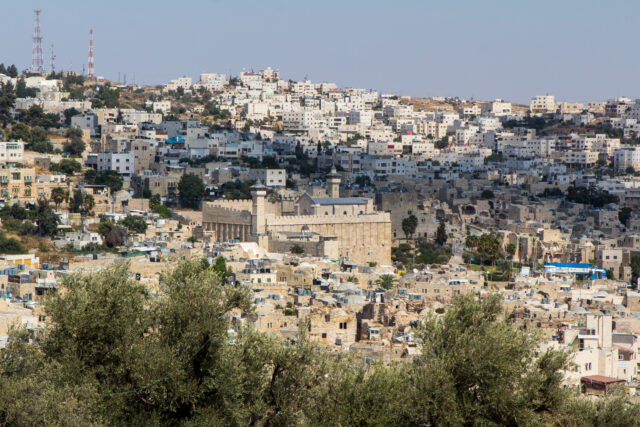One of the mistakes of the modern post-colonial West is the belief that countries are comprised of people who live within set boundaries. Those boundaries can be drawn by the colonialists when they leave or by the United Nations, which brags that, since its founding, “80 former colonies have gained their independence.” Or they can be drawn by warfare, which is how every single national boundary in Western Europe and North America was determined, but the “international community” doesn’t care to talk about that.
The more “civilized” way, they stated, was simply to tell people who ended up within a particular boundary to give their allegiance to “the government,” which may or may not represent them, resemble them or share their goals. Religion matters here as well. Sometimes, enemies ended up within the same boundaries, engendering hideous territorial or religious wars that, to this day, include slavery, starvation and massacres.
If you’re thinking about Africa here, then please do. Sudan, Somalia, Chad, Ethiopia and the Democratic Republic of Congo all have vicious wars and suffering populations. But don’t forget the genocides in China, where the Great Leap Forward killed between 15 and 50 million people in a few years; where the Cultural Revolution killed another half-million to 2 million people; where Muslim Uyghurs are being eliminated today; and in Tibet, Hong Kong and Macau where the U.S. State Department says people face “severe human rights issues.” And don’t forget the targeting of indigenous people in South America or the Rohingya in Myanmar. Or Syria, Iraq, and Yemen.
All places with post-colonial issues.
The United States was not a major colonial overlord, although it did participate enthusiastically in post-colonial map-making, promoting territorial compromise, constitutions and elections as essential to a peaceful future. And ignoring the actual people of the region.
America and the United Nations drew boundaries for an Arab group called “Palestinians” and promised to make it a country with borders. Many Israelis enthusiastically agreed. They failed for so many reasons: The “Palestinians” didn’t want a country; they wanted to erase Israel. Governance was secondary to self-aggrandizement and, for some, jihad. Terror and corruption flourished because the “leadership” was largely disconnected from the people who had long lived in the space.
Think about Gaza. Hamas is the Muslim Brotherhood, which has little or no connection to the people of Gaza and has been reduced to torturing Gaza civilians to frighten the people into obedience.
But to this day, almost two years after the horrors of Oct. 7, 2023, some, largely in the West, insist that more aid, more recognition (Norway, Ireland and Spain: you’re not helping), more something, will make Palestinians nice, respectable neighbors. Israelis, by a large margin, reject the premise.
Now, go to the bombshell story of the weekend. Hebron Arab clans, led by Sheikh Wadee’ al-Jaabari, announced that they are severing ties with the Palestinian Authority and want to join the Abraham Accords, begun in 2020. According to The Wall Street Journal, two groups of sheikhs are involved, leading a majority of the 700,000 residents in the Hebron area.
Their letter states, in Hebrew: “The Emirate of Hebron shall recognize the State of Israel as the nation-state of the Jewish people, and the State of Israel shall recognize the Emirate of Hebron as the representative of the Arab residents in the Hebron District.”
Israel is, in fact, the nation-state of the Jewish people, while others live there as full citizens in peace and security. Hebron, as a district or as an emirate, has a coherent history and leadership and, according to the letter, a vision for the future. A future that includes the State of Israel and the Jewish people in cooperation for the betterment of both people.
Everything about it bodes well for Hebron’s people to enter the Abraham Accords. Looking back at the 2000 “Vision for Peace,” the precursor to the Abraham Accords, President Donald Trump laid out an amazing vision for the region. He was explicit in denouncing the role of the Arab states in the decades-long war against Israel. He offered recognition of “Palestine as the nation-state of the Palestinian people” if they would simply stop the campaign of terror against Israel and Jews, including incitement and “pay for slay.”
It was a low bar, but the Palestinians couldn’t or didn’t want to do it because while the phraseology was common, “the nation-state of the Palestinian people” next to Israel was never in their plans. Now, Hebron sheikhs have pre-empted P.A. leader Mahmoud Abbas and the remnant of Hamas, as well as their malign jihadist puppet masters in Qatar.
This is a huge and hopeful moment for both the Arab and Israeli people. But not only. This is a nail in the coffin of Western post-colonialism and a chance for real self-determination for long-suffering people.


